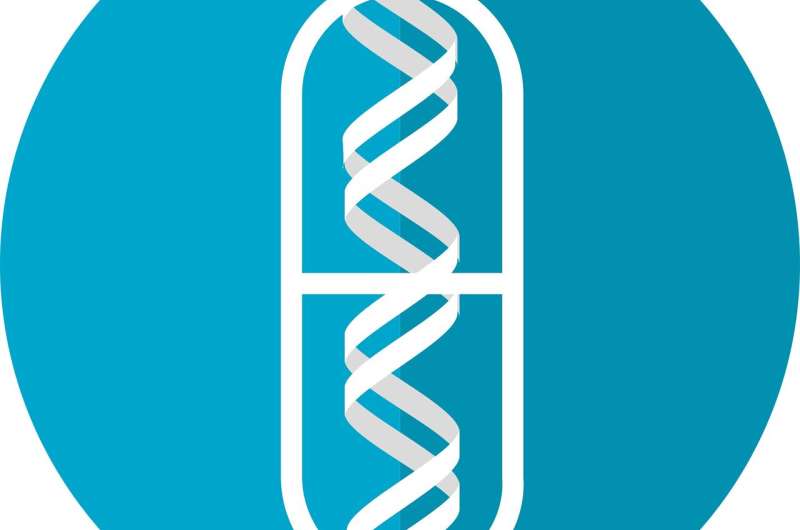Study discovers safe, effective oral treatment for uterine fibroids

Uterine fibroids are a common cause of heavy menstrual bleeding and pain in women of reproductive age, especially among women of color. An estimated $34 billion in healthcare costs are associated with uterine fibroids in the United States alone each year, yet there are few treatment options other than surgery.
Now a University of Chicago Medicine researcher working with an international team of scientists has developed a daily oral combination therapy that is reliable, safe and effective for long-term treatment of uterine fibroids. "This discovery is an important new tool that will be an important addition to the field," said Ayman Al-Hendy, MD, Ph.D., a professor of obstetrics and gynecology and lead author of the study, which was published February 17, 2021 in the New England Journal of Medicine.
Al-Hendy led an international phase 3 clinical trial of a combination therapy centered on relugolix. This GnRH antagonist medication inhibits the production of estrogen and progesterone, the two hormones that fuel the growth of fibroids. "When you deprive the fibroids of these two hormones, symptoms dramatically improve," Al-Hendy said.
However, as previous research has shown and Al-Hendy confirmed, using relugolix alone can cause a cascade of menopausal symptoms—such as hot flashes, night sweats and a decrease in bone density—that result from an estrogen deficiency. For the study, Al-Hendy combined 40 mg of relugolix with small doses of estrogen (1 mg estradiol) and synthetic progesterone (.5 mg norethindrone acetate).
This combination therapy not only prevented menopausal symptoms, but led to dramatic improvements in fibroid-related measures. In two sessions across the 24-week clinical trial—a total of 770 patients—73% and 71% of participants, respectively, showed significant improvement in such key measures as volume of menstrual blood loss, pain, anemia, distress from bleeding and pelvic discomfort.
The trial was also noteworthy for how well its cohort reflected the patient population most affected by uterine fibroids. Approximately half of trial participants were Black women, for whom uterine fibroids are four times more common.
The relugolix combination therapy presents a promising noninvasive alternative to surgical removal of the uterus (hysterectomy) or surgical removal of fibroids (myomectomy), Al-Hendy said. The recurrence rate of fibroids after myomectomies is up to 70 percent in women of color.
"In my opinion, in the United States, we do too many hysterectomies, and I feel our patients with uterine fibroids really deserve to have a wide range of options," Al-Hendy said. "I see a lot of young Black patients in their 20s with major fibroid issues who aren't in a relationship yet or haven't started a family yet, so a hysterectomy is not at all on their horizon. This combination therapy is especially a great option for this younger population who want to preserve their fertility. But there are so many scenarios where I think this therapy will make a paradigm shift in treatment of uterine fibroids and improve the quality of life for women."
More information: "Treatment of Uterine Fibroid Symptoms with Relugolix Combination Therapy" New England Journal of Medicine (2021). DOI: 10.1056/NEJMoa2008283
















